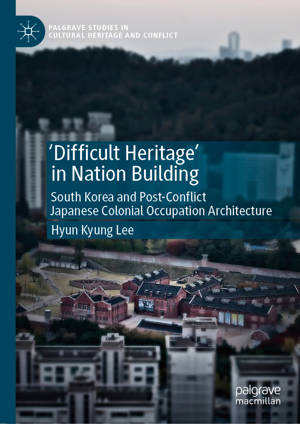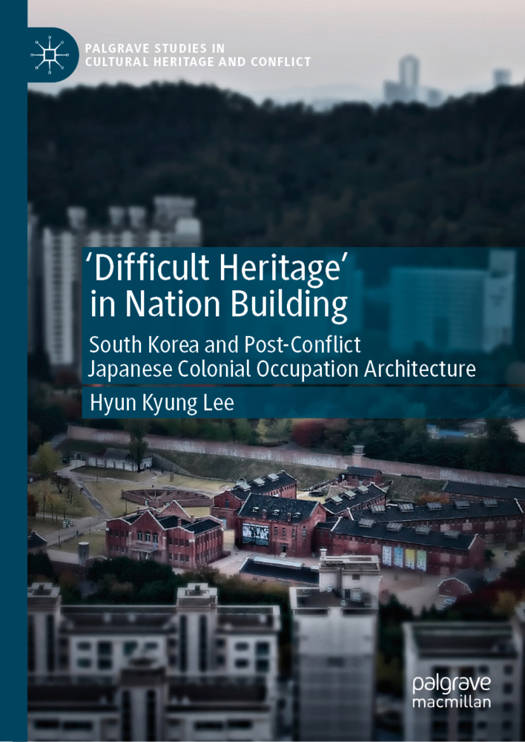
- Retrait gratuit dans votre magasin Club
- 7.000.000 titres dans notre catalogue
- Payer en toute sécurité
- Toujours un magasin près de chez vous
- Retrait gratuit dans votre magasin Club
- 7.000.0000 titres dans notre catalogue
- Payer en toute sécurité
- Toujours un magasin près de chez vous
'Difficult Heritage' in Nation Building
South Korea and Post-Conflict Japanese Colonial Occupation Architecture
Hyun Kyung LeeDescription
This book explores South Korean responses to the architecture of the Japanese colonial occupation of Korea and the ways that architecture illustrates the relationship between difficult heritage and the formation of national identity. Detailing the specific case of Seoul, Hyun Kyung Lee investigates how buildings are selectively destroyed, preserved, or reconstructed in order to either establish or challenge the cultural identity of places as new political orders are developed. In addition, she illuminates the Korean traditional concept of feng shui as a core indigenous framework for understanding the relationship between space and power, as it is associated with nation-building processes and heritagization.
By providing a detailed study of a case little known outside of East Asia, 'Difficult Heritage' in Nation Building will expand the framework of Western-centered heritage research by introducing novel Asian perspectives.Spécifications
Parties prenantes
- Auteur(s) :
- Editeur:
Contenu
- Nombre de pages :
- 313
- Langue:
- Anglais
- Collection :
Caractéristiques
- EAN:
- 9783319663371
- Date de parution :
- 02-05-19
- Format:
- Livre relié
- Format numérique:
- Genaaid
- Dimensions :
- 148 mm x 210 mm
- Poids :
- 703 g

Les avis
Nous publions uniquement les avis qui respectent les conditions requises. Consultez nos conditions pour les avis.






